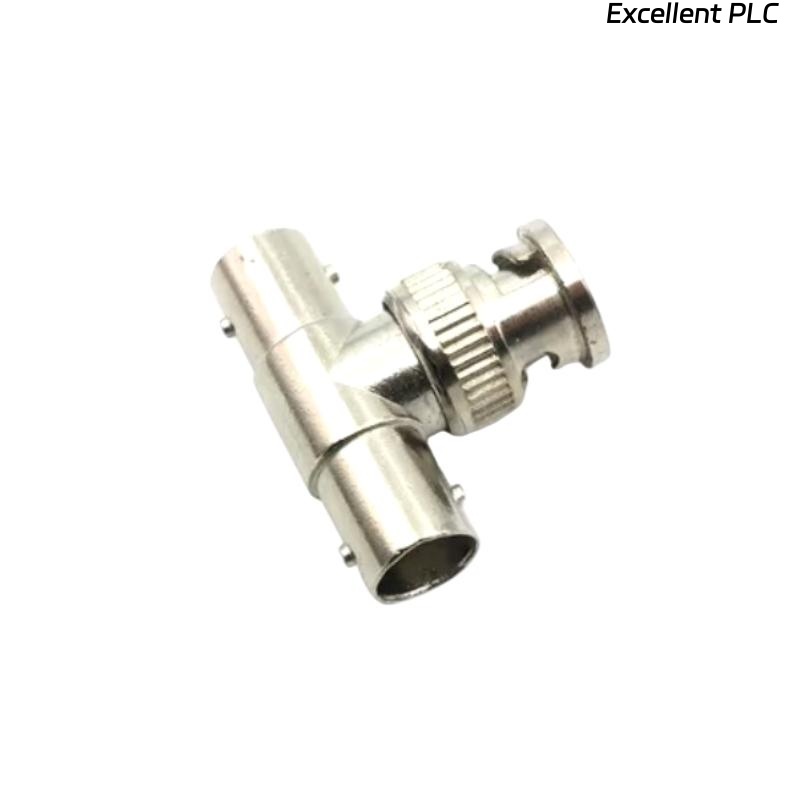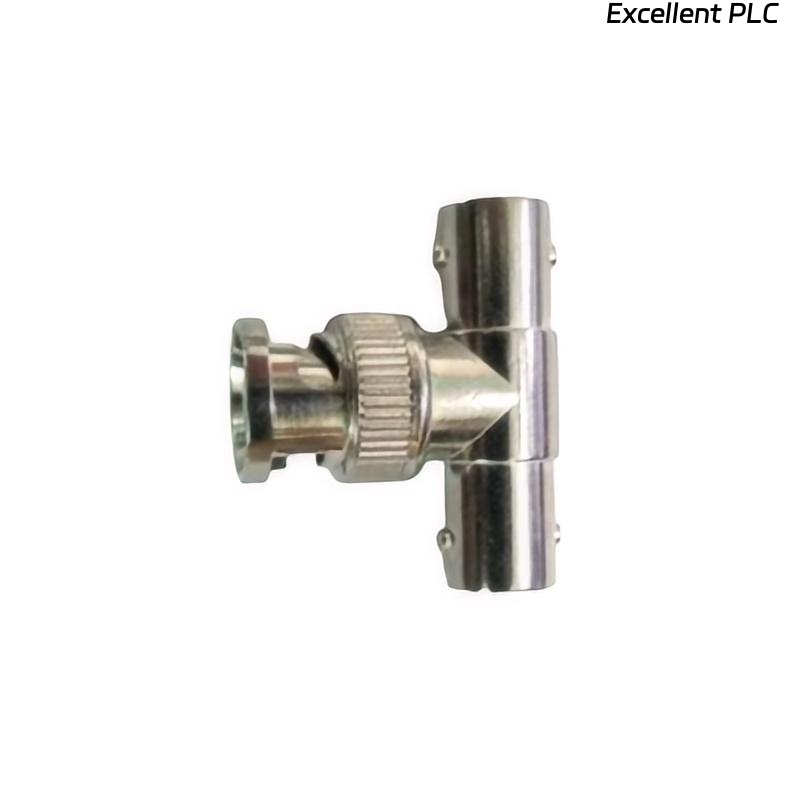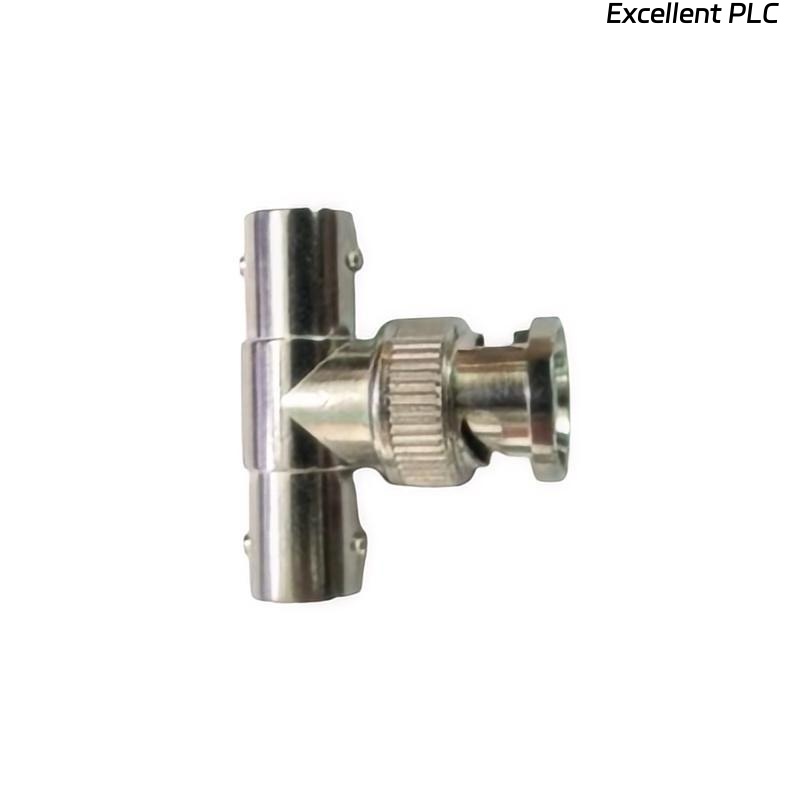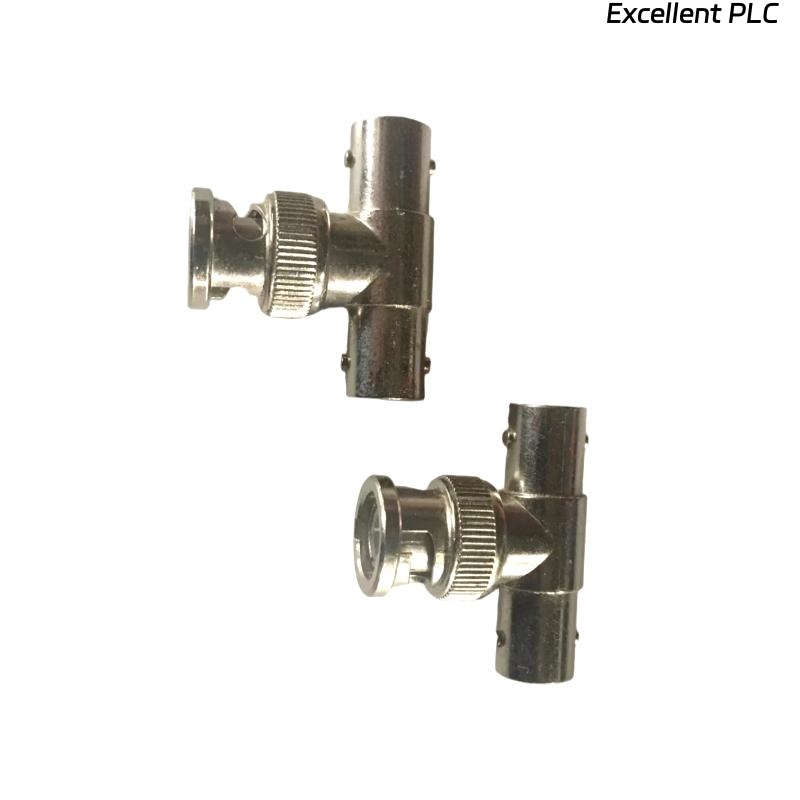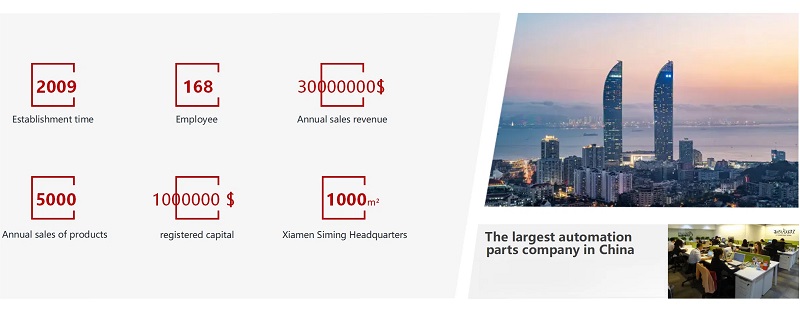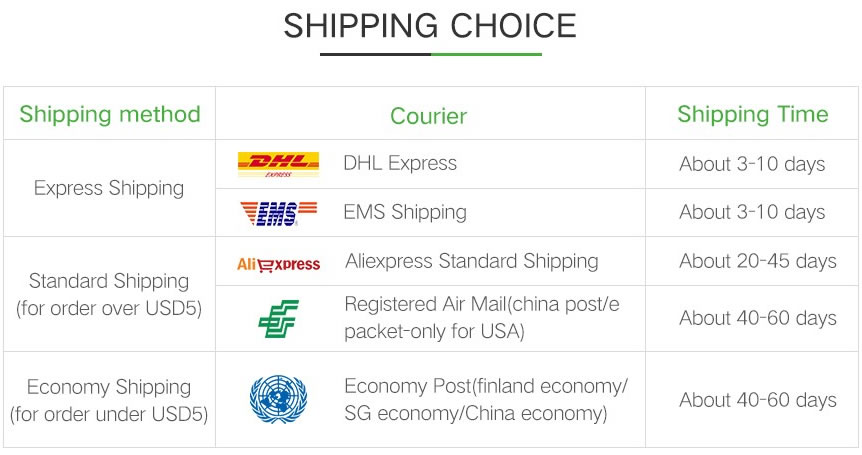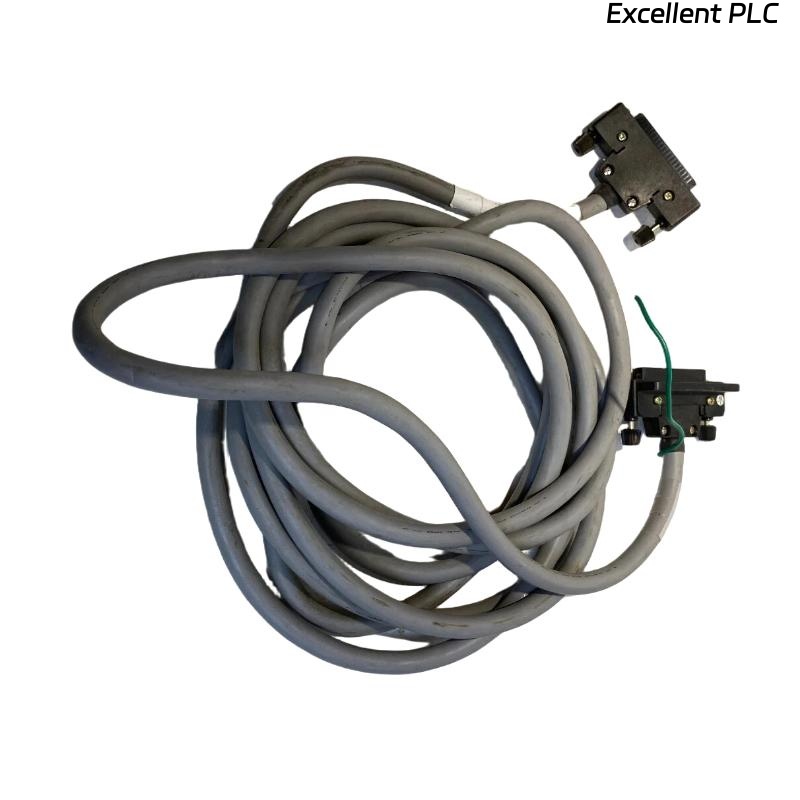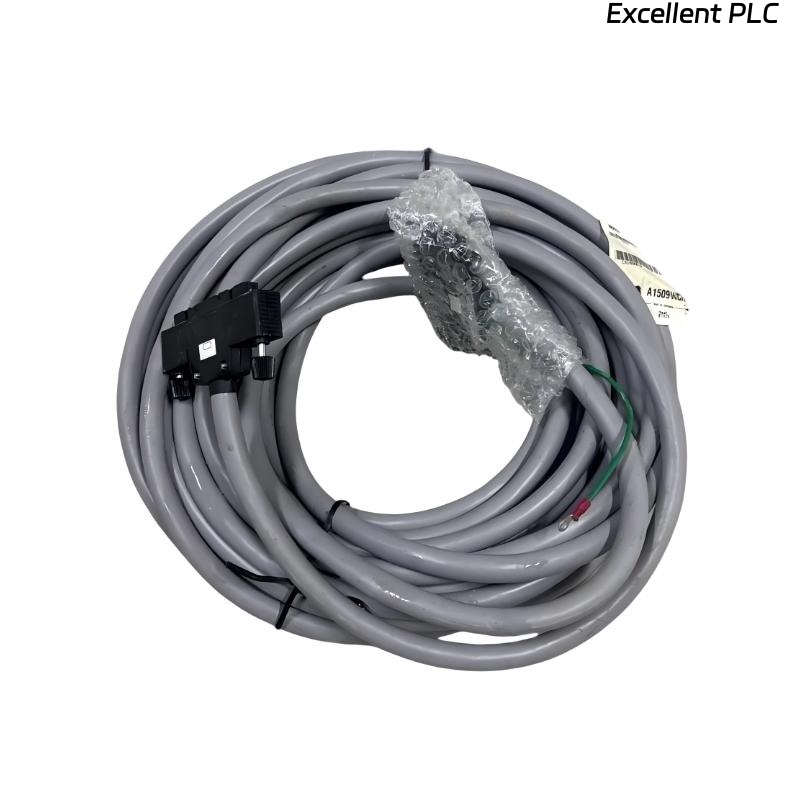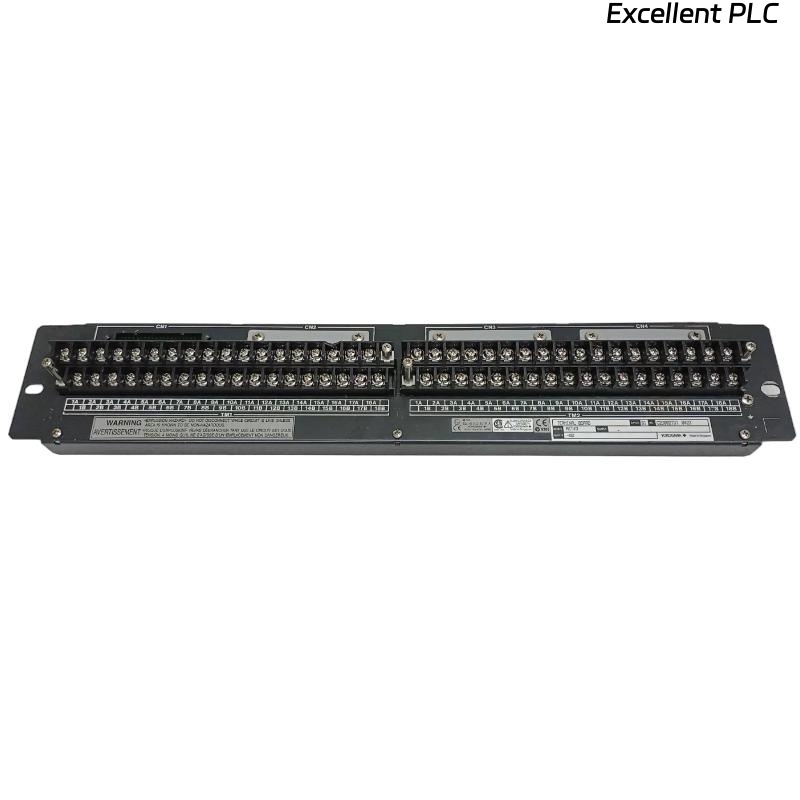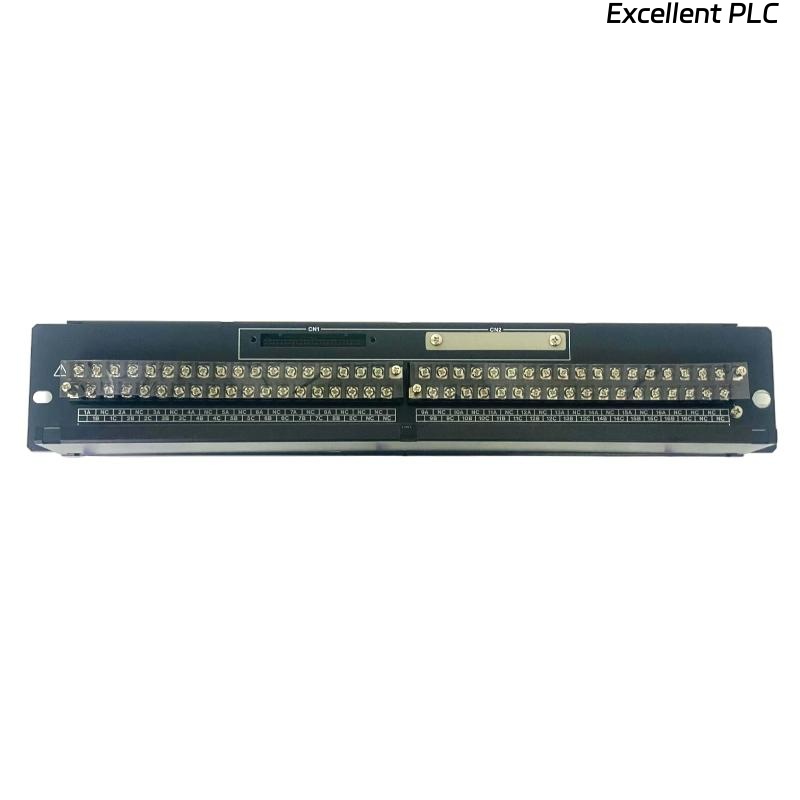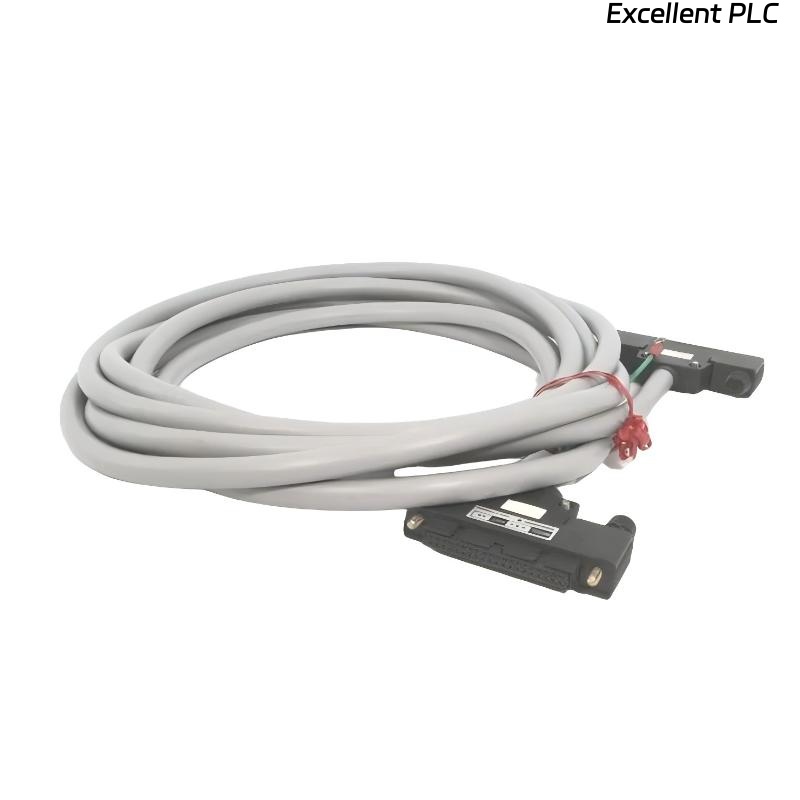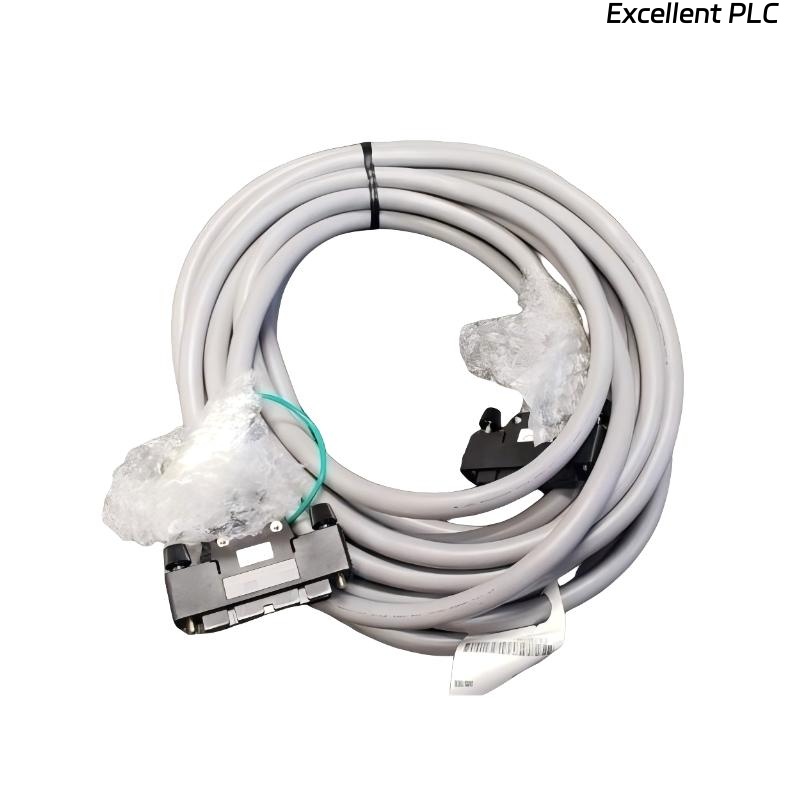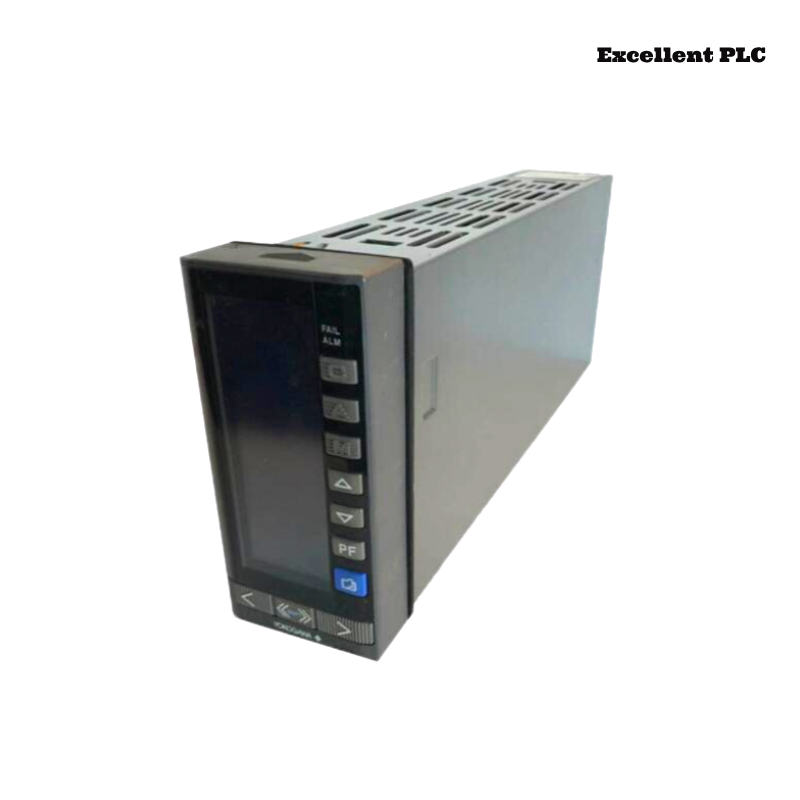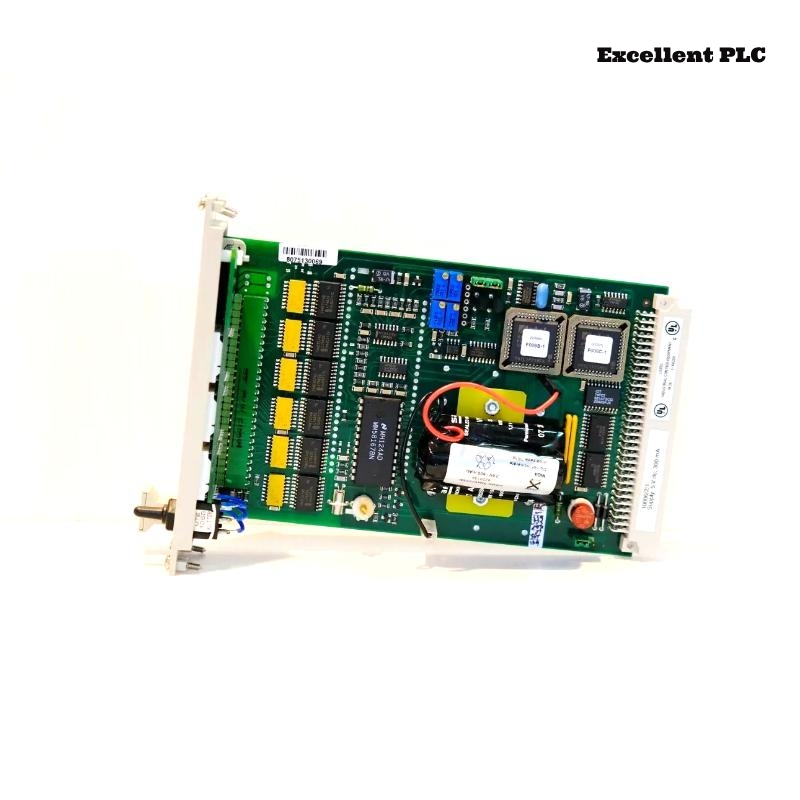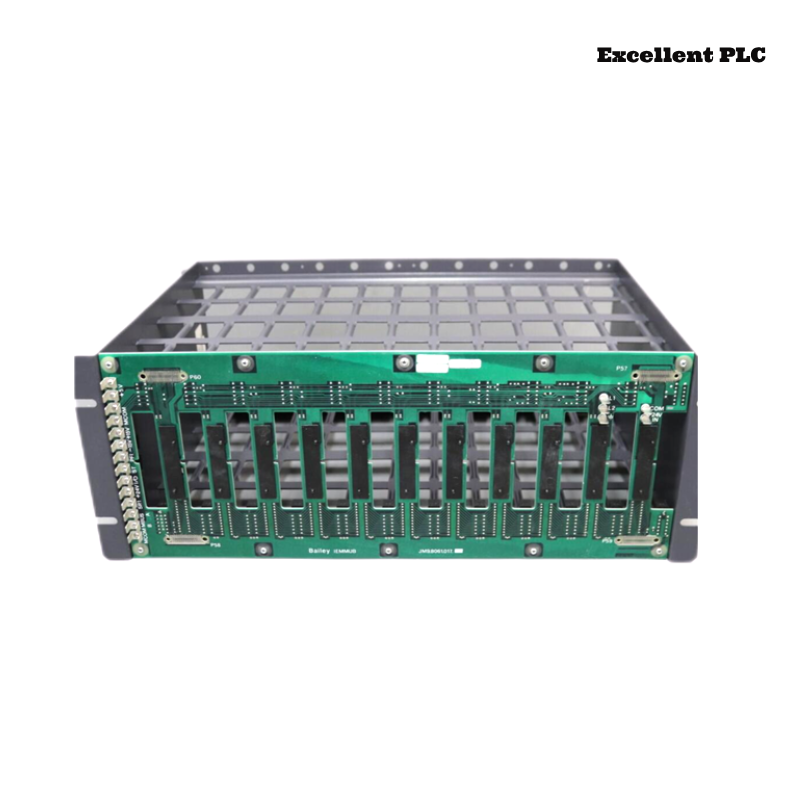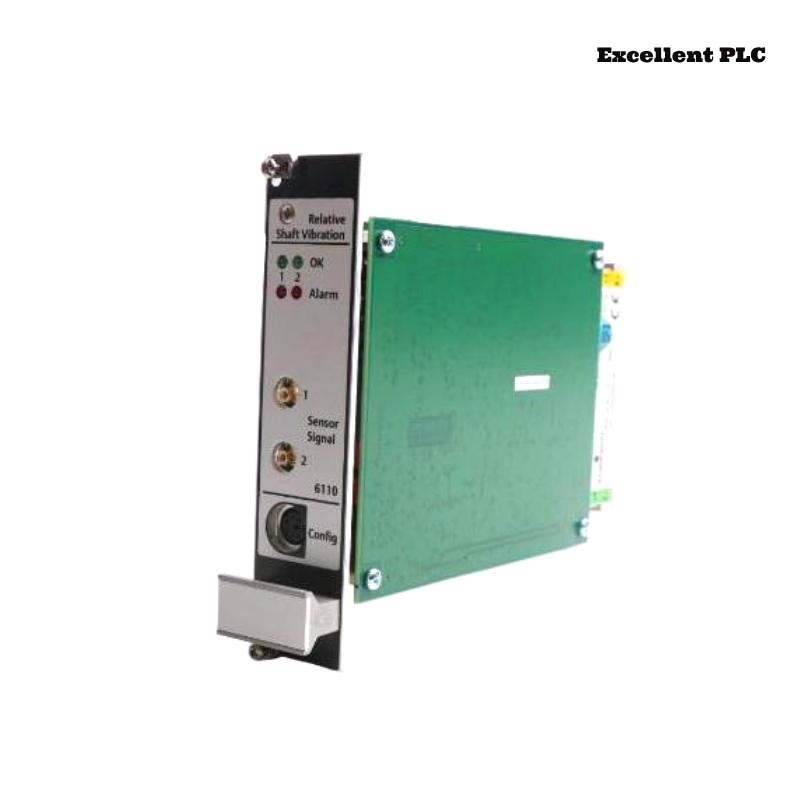| Company Information | ||||||||
| [email protected] | ||||||||
| Mobile | +8613666033393 | |||||||
| +8613666033393 | ||||||||
| 13666033393 | ||||||||
| Add | Room 1004, No. 62 Xiangxiu Li, Siming District, Xiamen City, Fujian Province, China | |||||||
Product Introduction
The Yokogawa YCB149 Control Bus Conversion Unit is a high-performance interface module designed to facilitate reliable communication between different control bus protocols in industrial automation systems. It serves as a critical component for integrating legacy devices with modern distributed control systems (DCS), ensuring seamless data transfer, synchronization, and control.
This conversion unit is engineered to meet the demanding requirements of process industries, including power generation, chemical processing, petrochemicals, and water treatment. By providing accurate and stable communication conversion, the YCB149 helps maintain system integrity, reduces the risk of communication errors, and supports real-time operational monitoring.
The YCB149 Control Bus Conversion Unit is ideal for installations where multiple control networks must interact efficiently. Its robust design ensures reliable operation under industrial environmental stresses such as electrical noise, temperature fluctuations, and vibration.
Technical Specifications
| Parameter | Specification |
|---|---|
| Model Number | YCB149 |
| Unit Type | Control Bus Conversion Unit |
| Function | Protocol conversion between control buses |
| Supported Bus Types | FOUNDATION Fieldbus, HART, Modbus, proprietary Yokogawa buses |
| Operating Temperature | 0°C to 55°C (32°F to 131°F) |
| Storage Temperature | -20°C to 70°C (-4°F to 158°F) |
| Communication Speed | Up to 115.2 kbps depending on protocol |
| Accuracy | High data integrity with <0.1% error rate |
| Diameter | 17 mm |
| Housing Material | Industrial-grade metal enclosure |
| Connector Type | Standard industrial bus connectors |
| Shipping Weight | 3 kg |
Applications
The YCB149 Control Bus Conversion Unit is widely used in process automation and industrial control applications:
-
Distributed Control Systems (DCS): Connects different bus networks for seamless integration.
-
Legacy System Integration: Enables older devices to communicate with modern control systems.
-
Industrial Automation: Facilitates data exchange between PLCs, sensors, and actuators over heterogeneous bus systems.
-
Process Monitoring: Ensures reliable and real-time data transfer from field devices to control rooms.
-
Power Generation: Converts signals for monitoring generators, turbines, and auxiliary systems.
-
Chemical and Petrochemical Plants: Integrates field instruments into centralized control systems for precise process management.
Advantages
The Yokogawa YCB149 Control Bus Conversion Unit provides several advantages for industrial automation:
-
Reliable Protocol Conversion: Ensures smooth and error-free communication between different control networks.
-
High Data Integrity: Maintains precise and accurate transmission with minimal signal loss or corruption.
-
Versatile Compatibility: Supports multiple industrial bus protocols, including FOUNDATION Fieldbus, HART, and Modbus.
-
Robust Construction: Resistant to vibration, electrical noise, and temperature variations.
-
Easy Integration: Simplifies the process of integrating new devices into existing control systems.
-
Real-Time Performance: Facilitates timely data exchange for process monitoring and control.
-
Reduced Downtime: Enables preventive maintenance and quick troubleshooting of communication issues.
FAQ
-
Which bus protocols does the YCB149 support?
It supports FOUNDATION Fieldbus, HART, Modbus, and selected Yokogawa proprietary bus systems. -
Can this unit integrate legacy devices with modern DCS?
Yes, it allows older devices to communicate seamlessly with contemporary distributed control systems. -
What is the operating temperature range?
The unit operates reliably from 0°C to 55°C (32°F to 131°F). -
How is data integrity ensured during conversion?
The YCB149 maintains high data integrity with error rates below 0.1%, even in electrically noisy environments. -
What types of connectors are used?
Standard industrial bus connectors compatible with FOUNDATION Fieldbus, HART, Modbus, and Yokogawa buses. -
Can it handle high-speed communication?
Yes, communication speeds up to 115.2 kbps are supported depending on protocol. -
Is this unit suitable for integration in chemical plants?
Absolutely; it is designed to handle process automation requirements in chemical and petrochemical environments. -
Does it require any special calibration?
No special calibration is required; the unit works out-of-the-box with compatible bus systems. -
How does it perform under electrical noise or vibration?
It is built with industrial-grade materials and shielding to ensure stable operation in noisy and vibratory environments. -
Can this unit facilitate real-time monitoring?
Yes, it enables timely data transfer from field devices to control systems for real-time process monitoring and control.
Related Models / Yokogawa Series
| Model Number | Function | Supported Bus Types | Applications |
|---|---|---|---|
| YCB101 | Bus Conversion Unit | HART, Modbus | Legacy integration |
| YCB102 | Bus Interface Module | FOUNDATION Fieldbus | DCS integration |
| YCB103 | Protocol Converter | HART, Yokogawa proprietary | Field device integration |
| YCB104 | Signal Conversion Unit | Modbus, PROFIBUS | Industrial automation |
| YCB105 | Control Bus Interface | HART, FOUNDATION Fieldbus | Process monitoring |
| YCB106 | Bus Communication Unit | Multi-protocol | Power generation, chemical plants |
Popular Yokogawa Models
| Model Number | Function | Series | Applications |
|---|---|---|---|
| YCB149 | Control Bus Conversion Unit | YCB | Process automation, DCS |
| YCB150 | Signal Conversion Module | YCB | Industrial monitoring |
| YCB151 | Protocol Converter | YCB | Field instrument integration |
| YCB152 | Bus Interface Unit | YCB | Power plant automation |
| YCB153 | Communication Module | YCB | Chemical and petrochemical plants |
| YCB154 | Multi-Protocol Interface | YCB | Renewable energy, turbines |
 Excellent PLC
Excellent PLC


